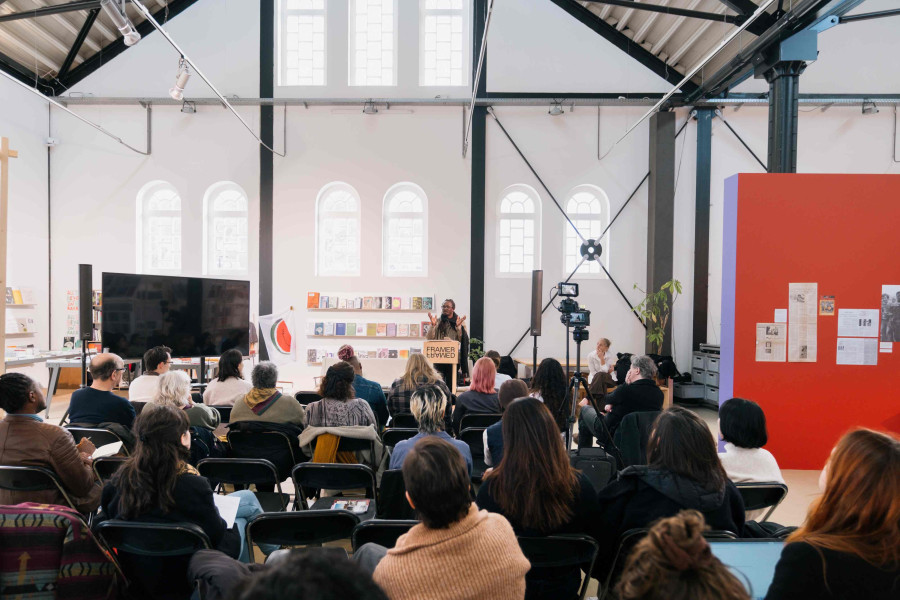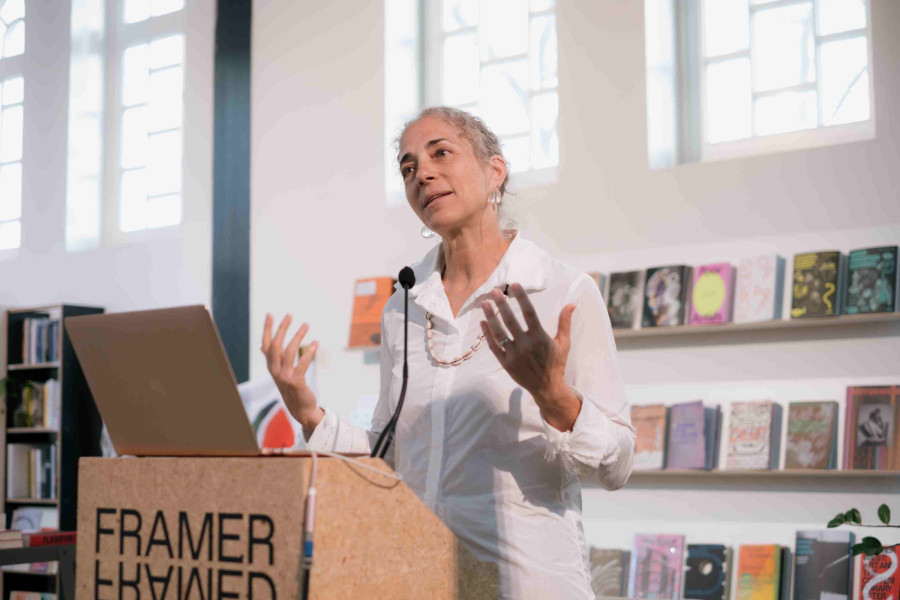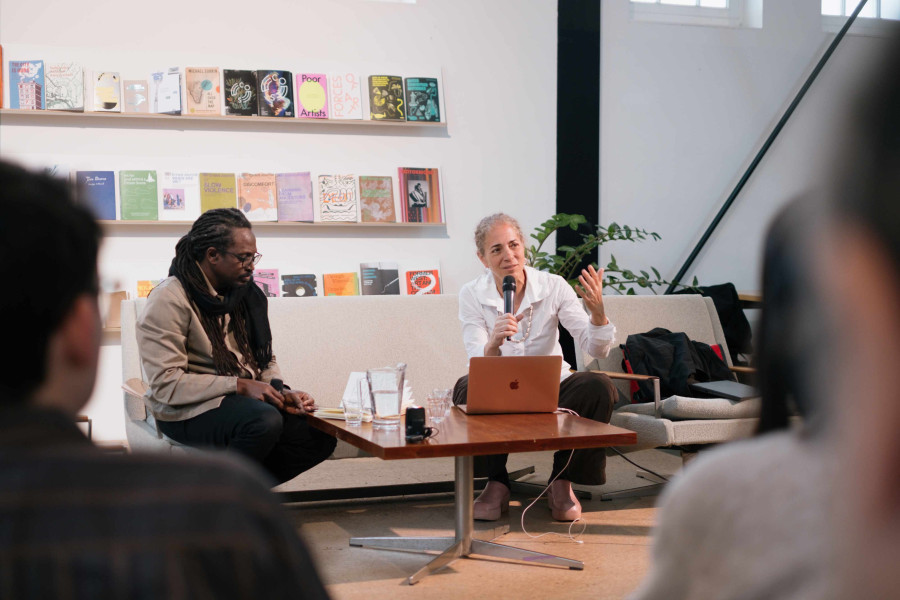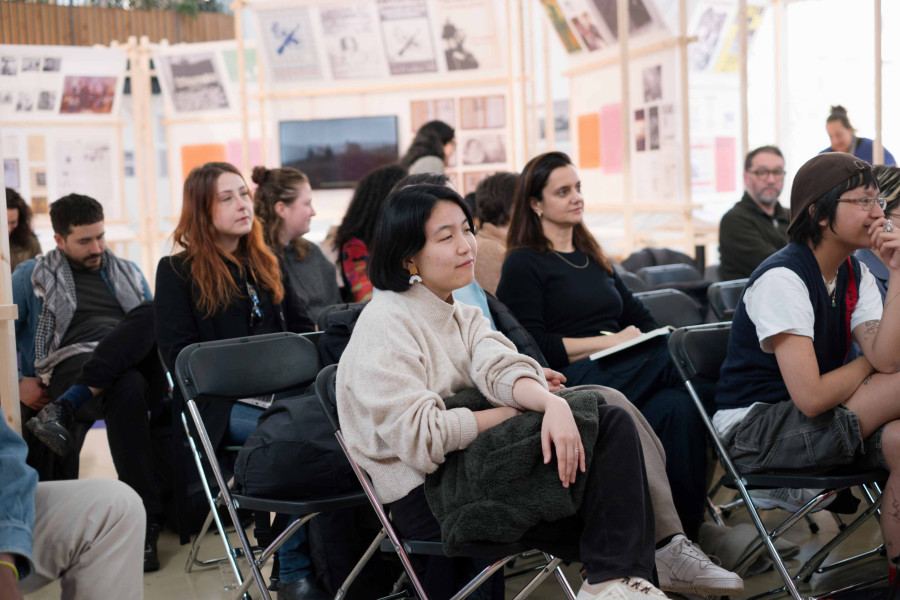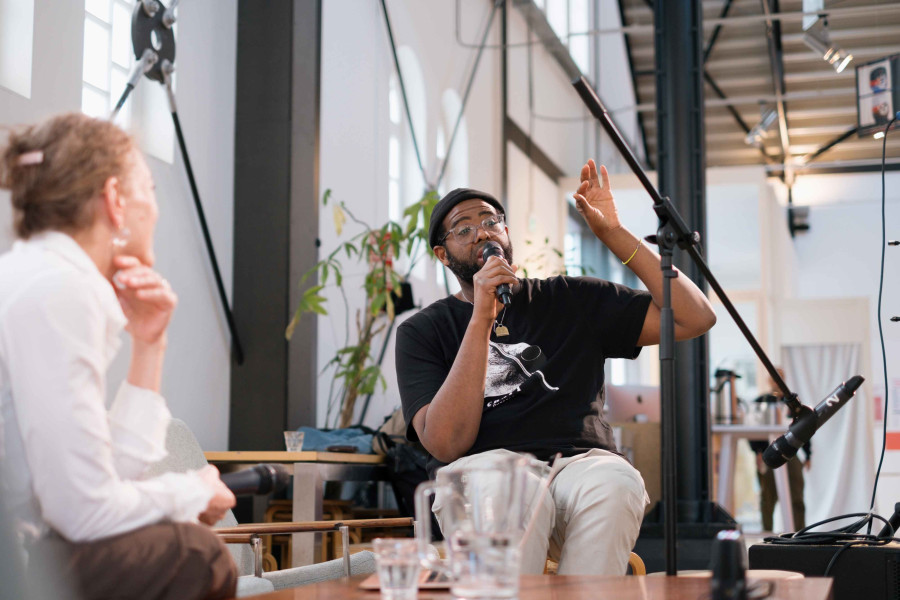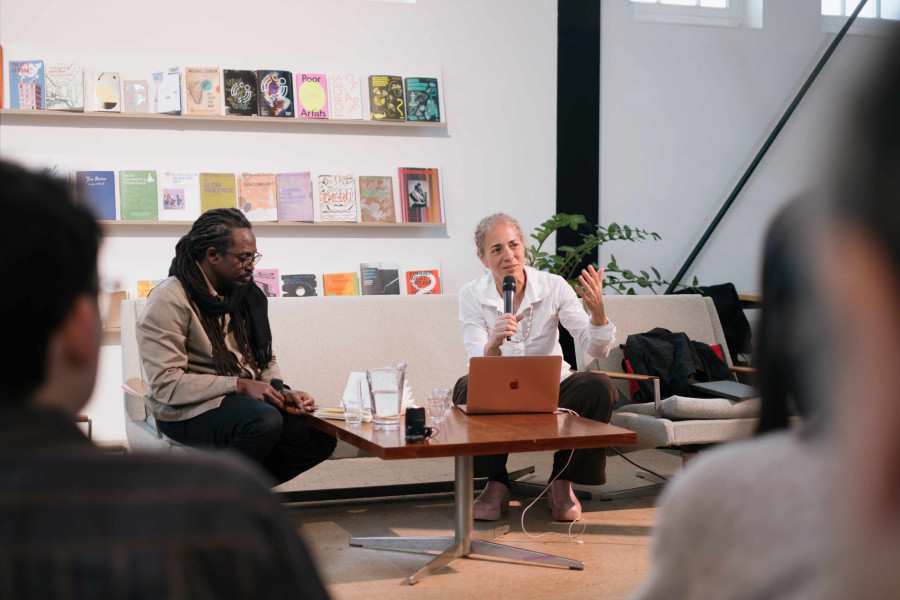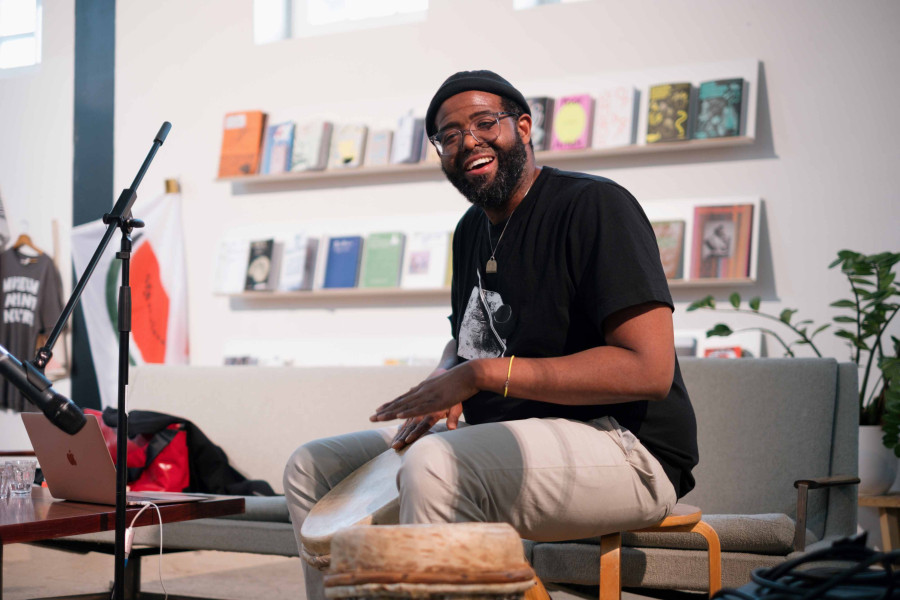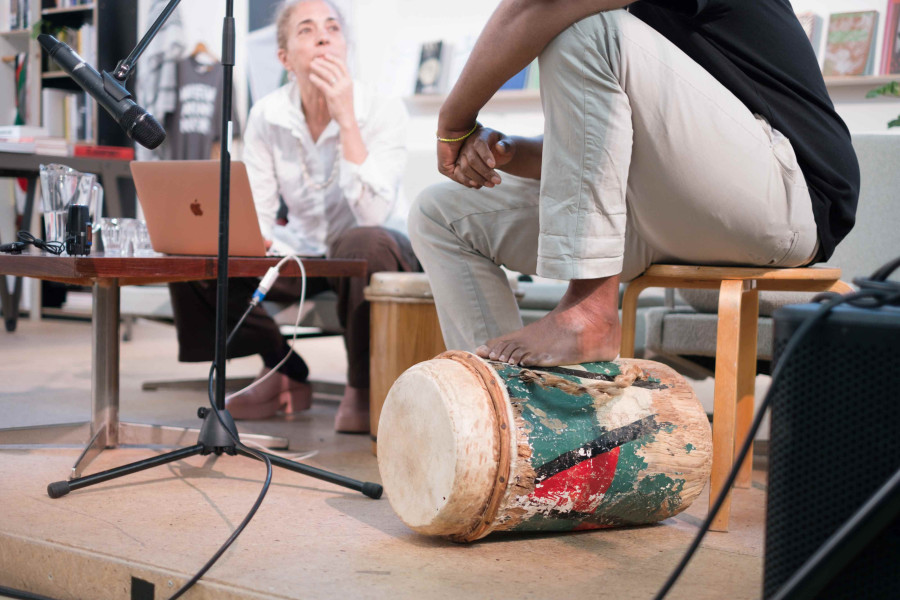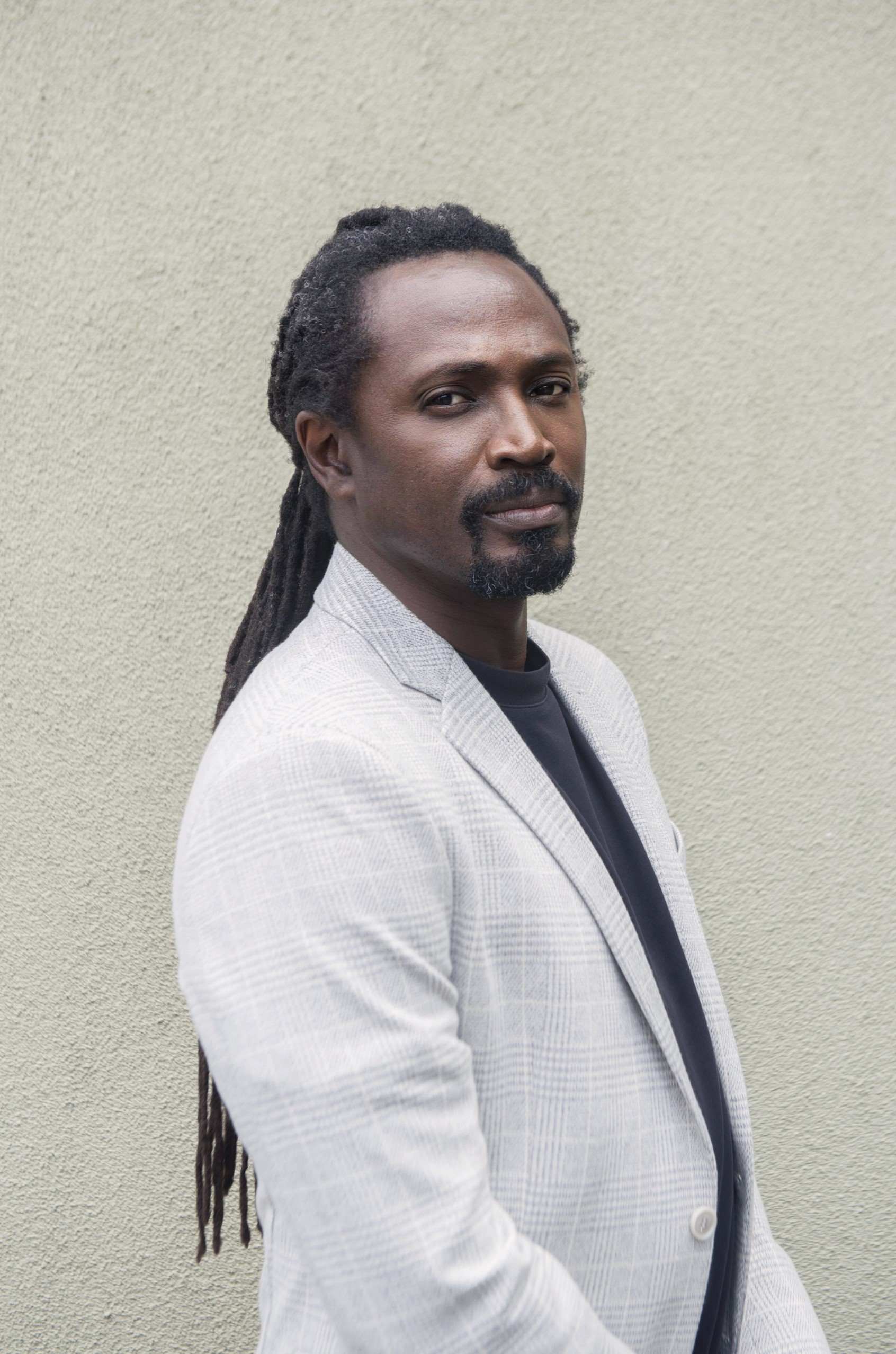
Inheritance explores the interplay between the feeling of bodily freedom and the intensities of political sovereignty to ask what sovereignty might look like, and feel like, if we approached it not exclusively in terms of its foundational violences (conquest, imperialism, settler colonialism, capitalist extraction, and so on) but through the embodied forms of autonomy and relation we create in the realm of everyday life. In arguing that we are heir not only to colonial logics, but also to the means to refuse or retool them, and that both of these inheritances are inscribed in and on the body, the book opens space for thinking about sovereignty in terms of exorbitance. To do so, it thinks through the conceptual frame of inheritance, asking: How might a phenomenological notion of inheritance drive us toward practice-based and durational articulations of self-determination that are processual, performative, and enacted through the “giving-on-and-with” others, articulations that are necessarily grounded in the everyday intimacies of living together? What kinds of attunement would we need to meaningfully pursue questions about what we inherit, and about how what we inherit can provide evidence for modes of world-building that are exorbitant to classic political frames?
